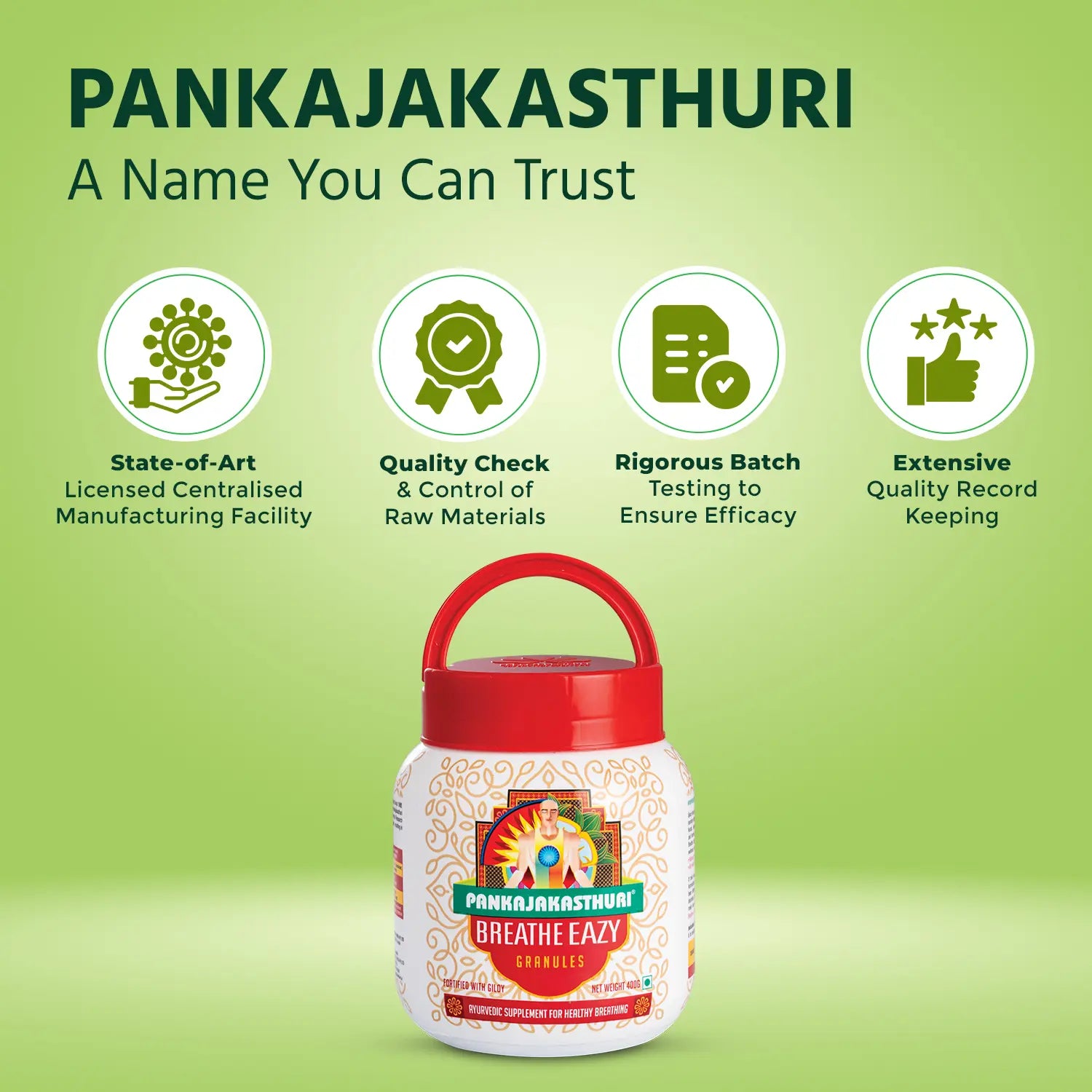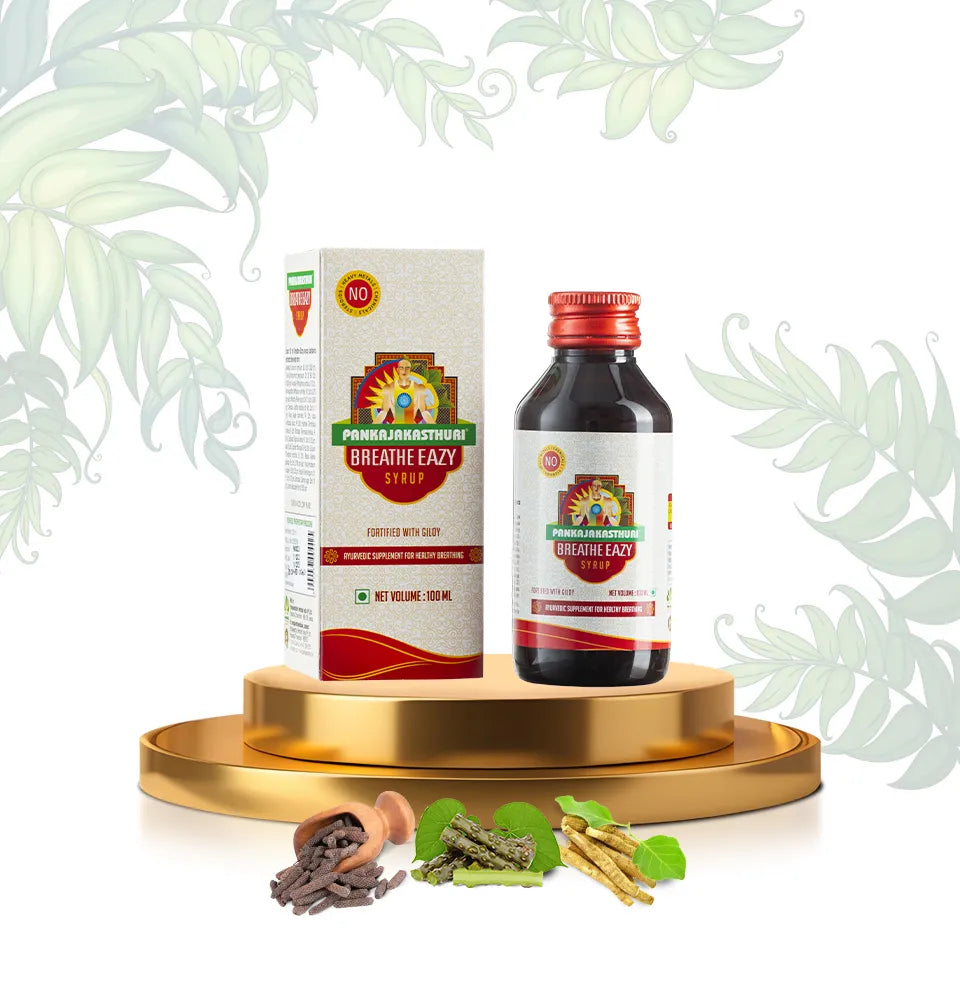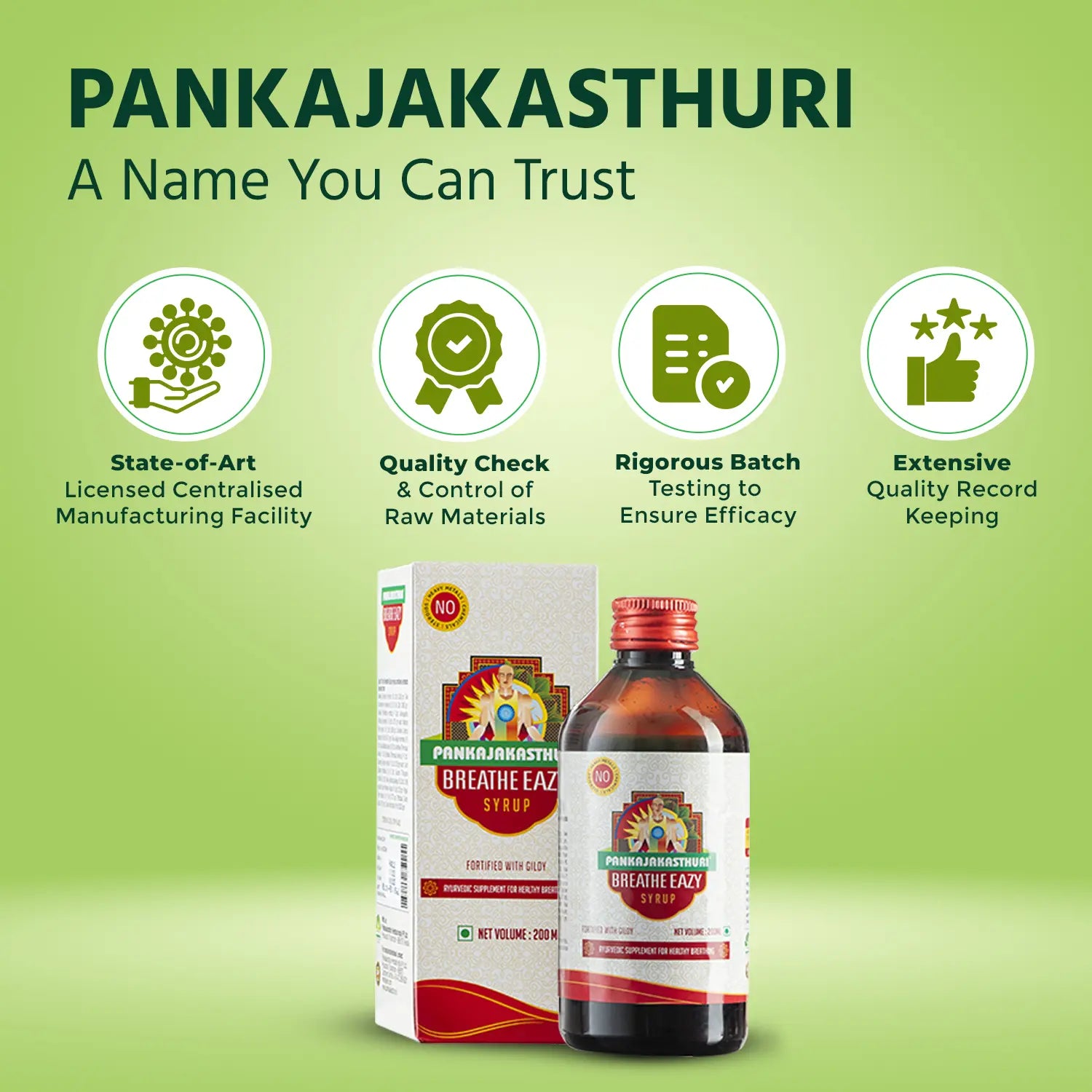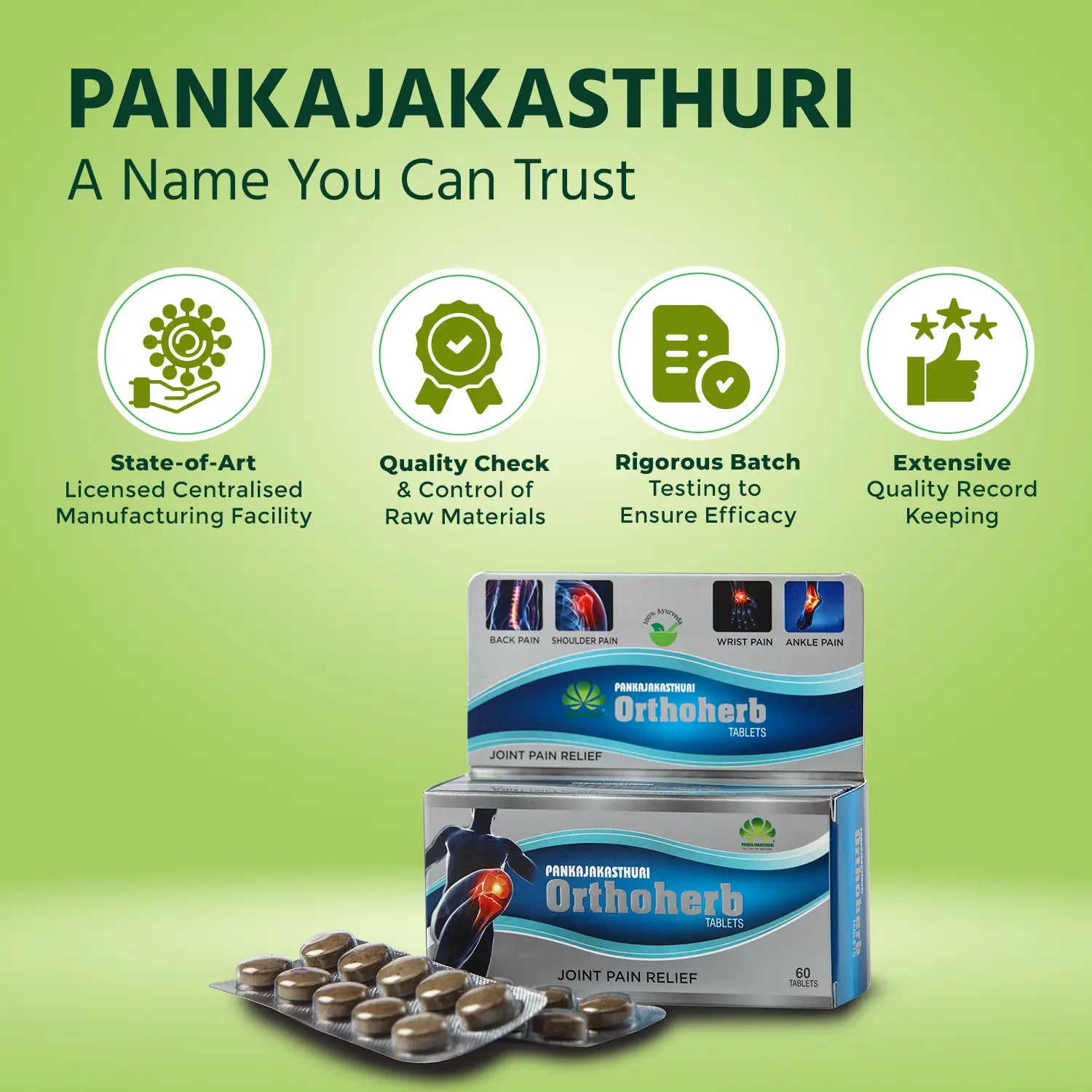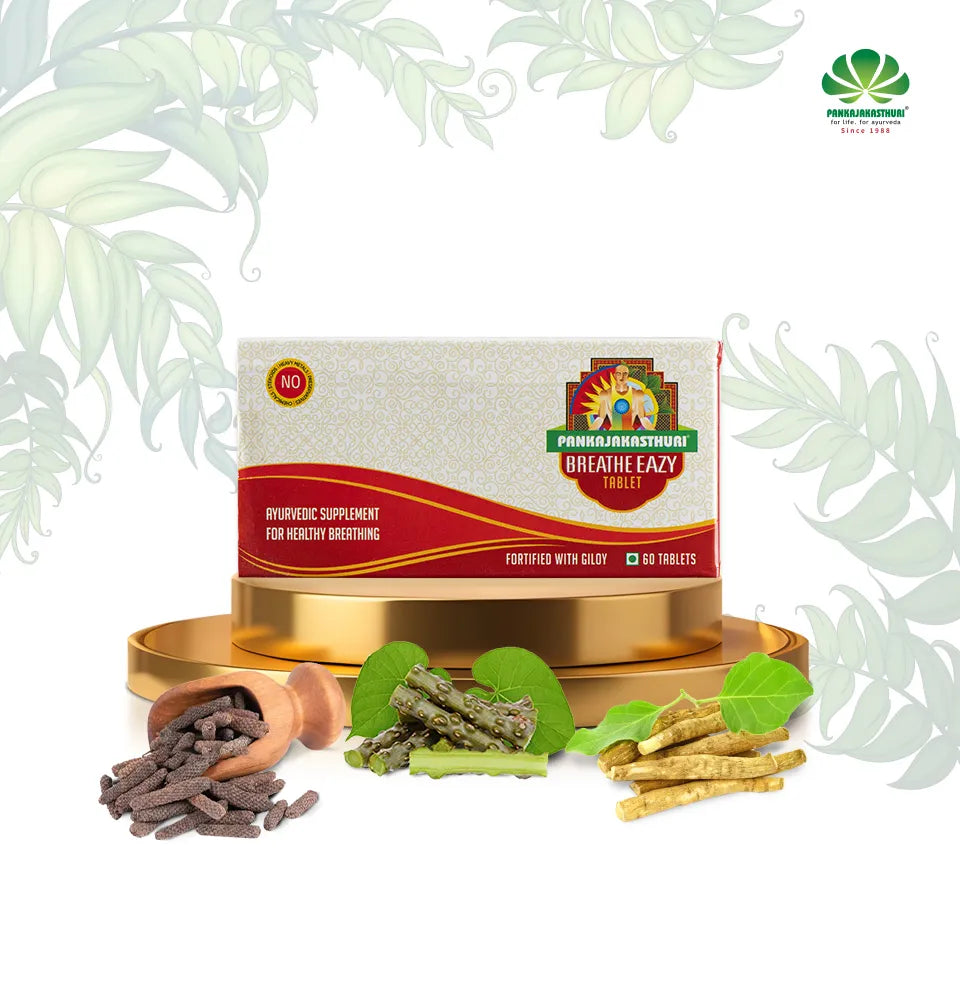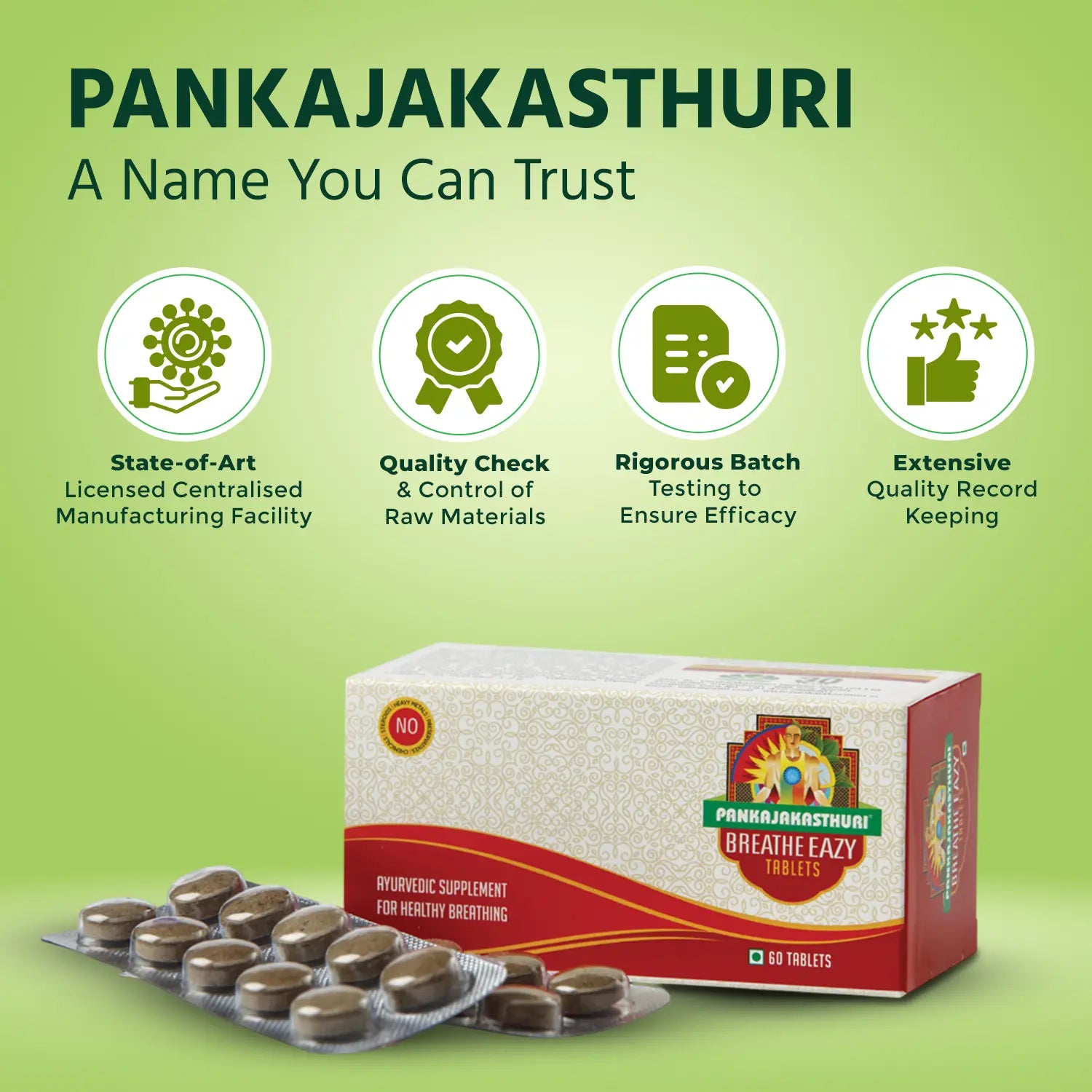
Understanding Maternal Health Issues: Challenges and Solutions

Maternal health encompasses the well-being of women during pregnancy, childbirth, and the postnatal period. Any women's health issue during these phases of a woman’s life belongs to the domain of maternal health. It is a crucial aspect of public health, as maternal mortality and morbidity remain significant concerns globally. In this blog, we will delve into the importance of maternal health, common maternal health issues faced by expectant mothers, and the essential services provided to ensure their well-being.
Importance of Maternal Health
Ensuring maternal health is not only a matter of individual well-being but also a public health imperative. Women's health issues during pregnancy and after childbirth should never be taken lightly. Apparently simple issues may complicate, leading to fatal consequences for the mother and her baby. Access to quality maternal care significantly reduces the risk of maternal mortality and improves the health outcomes for both mothers and newborns. Skilled health professionals play a pivotal role in providing antenatal care, skilled childbirth assistance, and postpartum support. With proper care, maternal health problems may be kept at bay.
Common Maternal Health Issues
Numerous factors can affect maternal health, ranging from medical conditions to socio-economic determinants. Some common maternal health problems include:
Anaemia: Characterised by low red blood cell count, anaemia during pregnancy can lead to fatigue, weakness, and complications such as preterm birth or low birth weight, highlighting the importance of regular prenatal care and iron supplementation.
HIV: Maternal HIV infection requires careful management to prevent transmission to the foetus. With antiretroviral therapy and appropriate medical interventions, the risk of vertical transmission can be significantly reduced, emphasising the significance of integrated HIV care within maternal health services.
Hypertension: High blood pressure during pregnancy, such as preeclampsia, poses serious risks to both the mother and foetus, necessitating close monitoring and potential interventions to prevent complications such as eclampsia or placental abruption.
Mental health conditions: Maternal mental health issues, including depression and anxiety, can adversely affect both maternal and child well-being. Early detection, support, and access to mental health services are crucial for promoting positive outcomes for both mother and baby.
Obesity: Maternal obesity, one of the common maternal health problems, increases the risk of gestational diabetes, hypertension, and complications during
childbirth. Nutrition counselling, exercise programs, and close monitoring are
essential components of managing obesity during pregnancy to mitigate associated risks.
Pre-existing medical conditions: Conditions such as diabetes or heart disorders require specialised care during pregnancy to optimise maternal and foetal outcomes. Close collaboration between obstetricians and other healthcare providers is essential to manage these conditions and minimise potential complications.
Maternal Health Care Services
Addressing these maternal health issues requires comprehensive healthcare services tailored to the needs of expectant mothers. Maternal health care services encompass a wide range of interventions designed to support women throughout pregnancy, childbirth, and the postnatal period.
Prenatal care includes physical exams, blood tests, and prenatal tests to monitor maternal and foetal health.
During childbirth, services may include pain relief, foetal monitoring, and assistance with delivery methods such as vaginal or caesarean birth.
Postnatal care focuses on maternal nutrition, breastfeeding support, pain relief, and monitoring for complications.
Maternal Health Care Home Remedies
As part of the postnatal care in India, various traditional home remedies are applied to aid new mothers in their recovery. Some of the time-tested home remedies for treating maternal health problems are:
Herbal teas: Drinking herbal teas like fenugreek, cumin, or fennel can aid in digestion, reduce bloating, and promote lactation.
Warm oil massages: Massaging the body with warm oils such as sesame or coconut oil can help relieve muscle tension, improve circulation, and promote relaxation.
Turmeric Milk: Consuming turmeric mixed with warm milk is believed to have anti-inflammatory properties, aiding in wound healing and boosting immunity.
Nutritious soups: Consuming homemade soups made with nutrient-rich ingredients like lentils, vegetables, and herbs can replenish lost nutrients, promote hydration, and support overall health.
Garlic and ajwain mixture: Chewing a mixture of garlic cloves and ajwain seeds is thought to aid in digestion, relieve gas, and promote lactation.
Rest and relaxation: Encouraging new mothers to prioritize rest and relaxation is essential for promoting recovery, reducing stress, and supporting overall well-being.
Mental Health Screening
Mental health screenings are an integral part of maternal care, as pregnancy and childbirth can pose significant psychological challenges. Screening for depression and anxiety during the prenatal and postnatal stages allows healthcare providers to identify and address mental health concerns promptly. Early intervention and support are essential for ensuring the well-being of both mothers and their newborns.
The Takeaway
Maternal health is a multifaceted issue that requires a comprehensive approach encompassing medical, social, and economic factors. By addressing common maternal health issues, providing access to quality healthcare services, and prioritising mental health screening and support, we can improve maternal outcomes and promote the health and well-being of mothers and their babies. Investing in maternal health is not only a moral imperative but also a critical step towards building healthier communities and societies.









